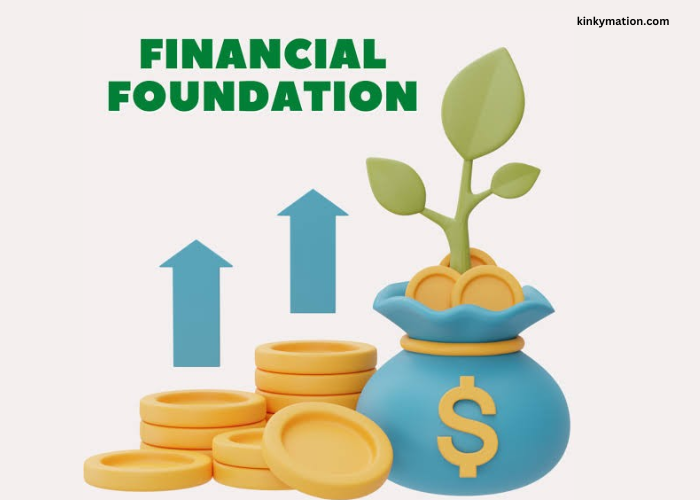In a world where financial uncertainties abound, building a solid financial foundation is more crucial than ever. Whether you’re starting your career, managing a family, or planning for retirement, establishing sound financial habits can set the stage for long-term security and peace of mind. Here are essential steps to create a stable financial future:
1. Establish a Budget
The cornerstone of financial stability is a well-structured budget. Begin by tracking your income and expenses to understand where your money goes each month. Categorize your spending into essentials (e.g., rent, groceries, utilities) and non-essentials (e.g., dining out, entertainment). Use the 50/30/20 rule as a guideline:
- 50% for necessities
- 30% for discretionary spending
- 20% for savings and debt repayment
A budget not only keeps you accountable but also helps identify areas where you can cut back and save more.
2. Build an Emergency Fund
Life is unpredictable, and having an emergency fund can protect you from financial shocks such as medical bills, car repairs, or job loss. Aim to save three to six months’ worth of living expenses in a liquid, easily accessible account. Start small if necessary and contribute regularly until you reach your goal.
3. Manage Debt Wisely
Debt can be a significant obstacle to financial security if not managed effectively. Prioritize paying off high-interest debt, such as credit card balances, as quickly as possible. Consider consolidating or refinancing loans to secure lower interest rates. Once you’ve reduced high-interest debt, focus on paying down other liabilities while avoiding taking on new, unnecessary debt.
4. Save for Retirement
It’s never too early to start planning for retirement. Take advantage of employer-sponsored retirement plans, such as a 401(k), and contribute enough to receive any available employer match—it’s essentially free money. If you’re self-employed or want to save more, explore options like Individual Retirement Accounts (IRAs). Compound interest works best over time, so the sooner you start, the greater your potential returns.
5. Invest for Growth
Beyond retirement accounts, consider investing in a diversified portfolio of stocks, bonds, mutual funds, or exchange-traded funds (ETFs). Investing allows your money to grow over time and can help you achieve financial goals like buying a home, funding education, or building wealth. Assess your risk tolerance and time horizon, and consult a financial advisor if needed.
6. Protect Your Assets
Insurance is a vital component of a solid financial foundation. Health, life, auto, and home insurance policies provide protection against unexpected events that could otherwise derail your financial stability. Periodically review your coverage to ensure it aligns with your current needs and goals.
7. Develop Financial Literacy
Knowledge is power when it comes to managing money. Take time to learn about personal finance topics such as budgeting, investing, and tax planning. Read books, attend workshops, or follow reputable financial experts online. The more informed you are, the better equipped you’ll be to make smart financial decisions.
8. Set Financial Goals
Clear goals provide direction and motivation. Whether it’s buying a house, starting a business, or achieving early retirement, define your financial objectives and create a plan to achieve them. Break large goals into smaller, actionable steps and celebrate milestones along the way.
9. Monitor and Adjust
Building a financial foundation isn’t a one-time effort; it requires ongoing attention and adjustments. Regularly review your budget, savings, and investment performance to ensure they align with your goals. Life changes, such as marriage, children, or career shifts, may necessitate reevaluating your financial strategy.
10. Seek Professional Guidance
If you’re unsure where to start or face complex financial situations, consider consulting a financial planner or advisor. A professional can help you develop a personalized plan, navigate tax laws, and optimize your financial strategies.
Conclusion
Creating a robust financial foundation takes time, discipline, and dedication. By establishing a budget, saving consistently, managing debt, and planning for the future, you can achieve financial security and enjoy greater peace of mind. Remember, the journey to financial stability is a marathon, not a sprint. Start today, and your future self will thank you.

